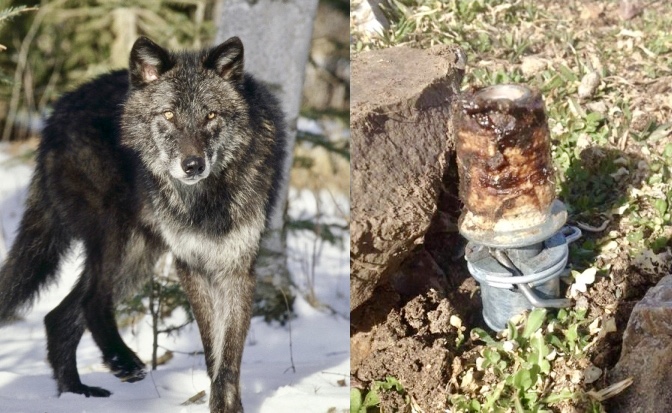You can help all animals and our planet by choosing compassion on your plate and in your glass. #GoVeg
RELATED ARTICLES
Pressure Mounts For Arizona To Ban Dog Pack Hunting Of Mountain Lions, Bears & Other Critical Species
Conservation groups have submitted a petition to the Arizona Game and Fish Commission urging a ban on the use of dog packs for hunting...
Help Save Millions Of Lives This Holiday By Choosing Compassion On Your Plate; Adopt A Turkey Today!
As Thanksgiving approaches, we hope you enjoy a warm and safe holiday. We encourage you to make a compassionate choice by leaving animals off...
Giraffes Are One Step Closer To Receiving Vital Endangered Species Act Protections
In response to a petition and subsequent lawsuit by conservation and animal protection organizations, the U.S. Fish and Wildlife Service (USFWS) has proposed listing...
Popular stories
News
Sea Shepherd Carries Out Critical Operation Retrieving Ghost Nets To Save Less Than 15 Vaquita Remaining In The Wild; The World’s Most Endangered Marine...
Last week marked the completion of a collaborative effort aimed at removing abandoned fishing gear from the habitat of the critically endangered vaquita porpoise.
The...
News
Clearcutting Plan On The Doorstep Of Yellowstone National Park Threatens Grizzly Bear Recovery Area & Old-Growth Forests
Conservation groups last week challenged a U.S. Forest Service plan to clearcut more than 5,500 acres of pine forests just outside Yellowstone National Park,...
News
Boats Continue To Speed In Slow Zones Putting The Last 340 Critically Endangered North Atlantic Right Whales In Danger
Today, Oceana released a new report finding that most boats are speeding through slow zones designed to protect critically endangered North Atlantic right whales,...




